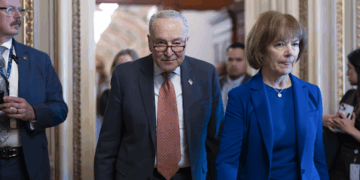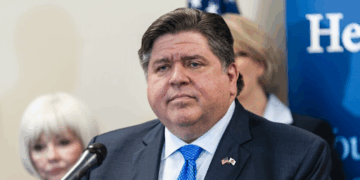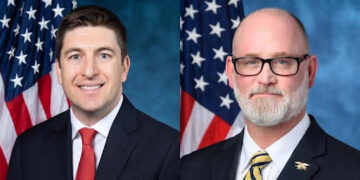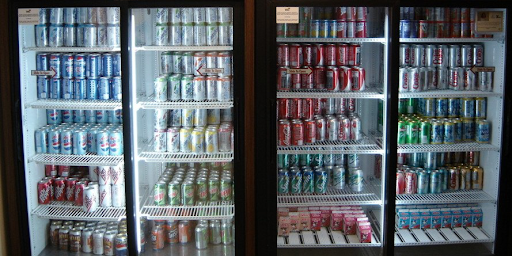In April, GOP lawmakers introduced a bill that would bar purchases of candy, soft drinks and energy drinks using benefits from the federal Supplemental Nutrition Assistance Program (SNAP), known locally as FoodShare.
Endorsed by almost two dozen GOP legislators, the bill reflects a growing concern that poor dietary choices among low-income individuals. Subsidized by taxpayers via SNAP benefits, it can contribute to chronic disease burdens and elevated healthcare costs.
Wisconsin Rep. Ryan Clancy (D-Milwaukee) voted against the proposal He told WPR it’s “fairly ridiculous” because the bill doesn’t consider low-income residents living in “food deserts” where grocery stores aren’t nearby. (RELATED: Wisconsin Statehouse Democrats Oppose Election Day Reforms)
According to the Wisconsin Department of Health Services, 32.3 % of Wisconsin adults meet the definition of obesity (BMI ≥ 30) and about 68 % are affected by excess weight (overweight or obese). Other data show adult obesity rates near 35.9 % in Wisconsin.
Obesity increases the risk of diabetes, cardiovascular disease, and other costly health complications. By restricting SNAP purchases so that they more closely align with nutritional goals rather than ultra-processed, high-sugar items, this legislation promotes prevention of said diseases.
Robert F. Kennedy Jr. Secretary of the U.S. Department of Health and Human Services, is spreading the “Make America Healthy Again” (MAHA) initiative, which aims to reform food and health systems and curb the chronic disease epidemic.
The bill aligns directly with MAHA’s objectives: increasing the nutritional value of assistance programs and reducing the public-health burden of diet-related illnesses. (RELATED: Democrats Target Wisconsin’s Steil and Van Orden in National Redistricting Wars)
Notable endorsements include: the Chiropractic Society of Wisconsin, Wisconsin Naturopathic Doctors Association, the Wisconsin Property Taxpayers Inc. and conservative free-market advocacy groups.
Across the US, there are twelve states with similar legislation preventing the use of food stamp benefits on these foods. Midwest neighbors Iowa and Indiana are amongst those who have submitted the waivers to the USDA to allow the prevention of these purchases.

































